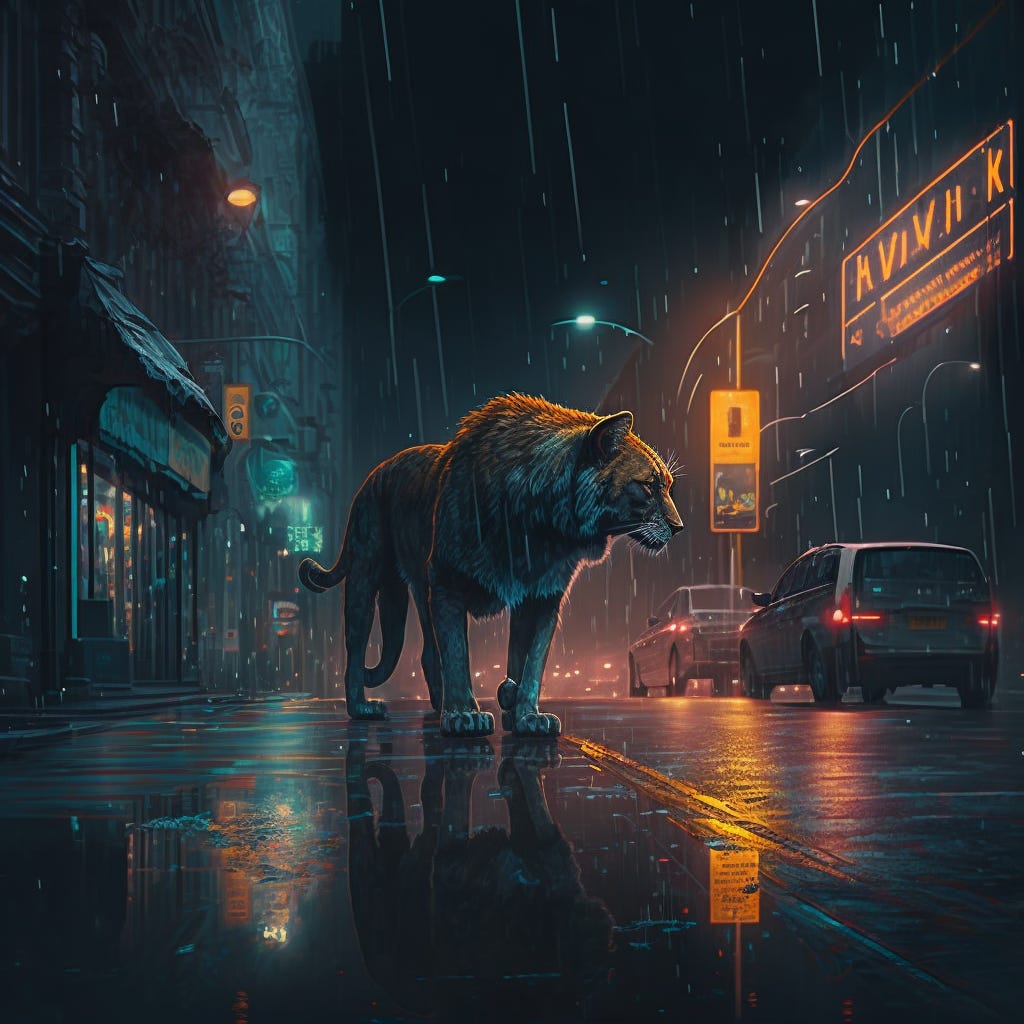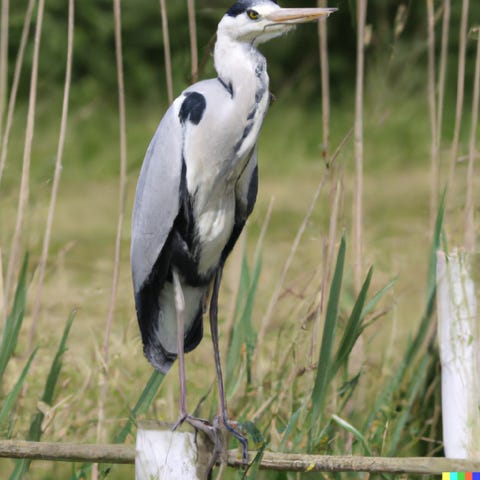Glimpse of the Future: AI in Hollywood
The horse is out of the barn, and this is where it's heading

James Grimmelmann is the Tessler Family Professor of Digital and Information Law at Cornell Tech and Cornell Law School. He has degrees in computer science from Harvard and law from Yale. He teaches and writes about the Internet and intellectual property law.
This is the second part in our Glimpse of the Future series. Our first was about the “7 Streamers” from Ken Ziffren. The series is for paid subscribers.
If you go to This Person Does Not Exist and hit reload over and over, you will see an endless procession of humanity: confused kids with soup-bowl haircuts, middle-aged women with well-worn laugh lines, and fit younger guys smiling in the sunshine. But as the name of the site promises, none of these people are real. Every single face is fake. They were all produced by an algorithm that specializes in creating realistic human faces.
This Person Does Not Exist is a particular kind of AI called a “generative AI.” AI-driven apps have flourished in the last few years, ranging from the software in self-driving cars to Merlin, which can identify any bird.
What makes generative AIs different is that they are creative. Merlin, for example, starts from a complex, messy input (a grainy photograph) and produces a simple output (“Grey Heron” for example).
But a generative AI runs in reverse: it starts with a simple input, called a “prompt,” and produces a rich media output. There are image AIs, music AIs, text AIs, programming AIs, and even video AIs. And they are remarkably good. If you feed the prompt “a Grey Heron” into OpenAI's image-generating DALL-E, it outputs a perfectly convincing picture of a heron.
My own photo of a mystery bird …
… was correctly identified by Merlin as a Grey Heron …
… but when I typed “Grey Heron” into DALL-E …
… it made a better photo of a Grey Heron than the one I took.
The most jaw-dropping generative AI at the moment is probably ChatGPT, also from OpenAI. It can tell jokes, compose short stories and write rhyming instructions for assembling do-it-yourself furniture. But almost every area of human creativity is now being explored by generative AIs. In addition to DALL-E, image models like Stable Diffusion and Midjourney can produce remarkably beautiful art in hundreds of styles. GitHub Copilot can generate fluent, usable code in dozens of programming languages.
The pace of innovation in generative AIs is blistering. In just the last week, Google researchers released two groundbreaking musical AIs. One, called MusicLM, can write and perform music from prompts like “slow tempo, bass-and-drums-led reggae song.” The other, SingSong, takes an isolated vocal line and fills in a instrumental backing track. Meanwhile, Drayk.it will make a halfway-decent Drake rap about any subject you type in. Here's one about Legos: “When I build I'm in control / My creativity is my only goal”). Listen here:
The entertainment industry has been roiled by one technological change after another: file-sharing, streaming, all-digital production. But generative AI may reshape every aspect of the business behind Hollywood, because it can affect every part of the creative process and upend every potential rights’ dispute. A looming writers guild strike, ongoing fights over intellectual property, the prevalence of sequels and spinoffs over original ideas — all of these could look very different if creatives are routinely using AI tools that can quickly spin a simple prompt out into a storyboard, a treatment, a temp track, a matte painting, or an effects shot. Can you feed an AI the scripts for the first 25 James Bond movies and ask it to write the next one? And if so, who owns the rights?
I don’t know all the answers for what generative AI will mean for the entertainment business, but I can hopefully give some context for how to think through its implications. Below, I’ll talk about:
What IP ownership looks like in an AI-heavy world.
How the roles of writers and craftspeople might shift and adapt.
What AI might do to the costs of production and for the world of spinoffs and sequels.
Real-life AI examples involving Aaron Sorkin, Fast and Furious, Seinfeld and Bridgerton that reveal just how much AI may change the way you work. And soon.





